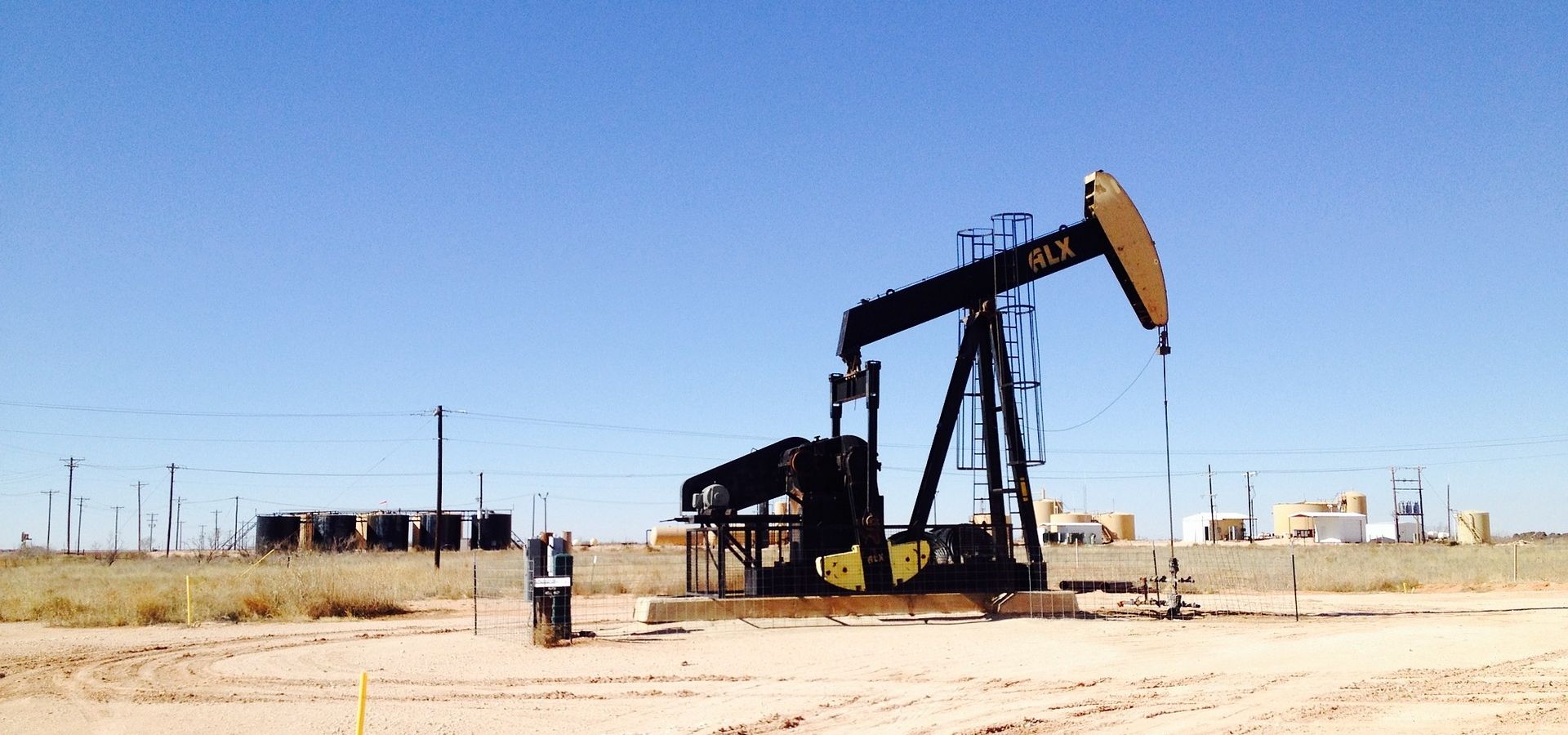In addition to fracking’s contribution to climate change, it also violates human rights and disproportionately impacts vulnerable populations. The Alliance Against Fracking in Latin America is fighting against the threat of a fracking boom in their regions. Maximiliano Proaño takes a look.

The public resistance against fracking in Latin America is growing (Public Domain)
While fracking is promoted across Latin America, a number of countries and provinces across Europe and Asia have banned the technique due to its negative impacts on the environment and public health. Many concerned civil society groups who are directly threatened by fracking have now formed a continent-wide “Alliance against Fracking” to increase their visibility and political momentum throughout Latin America. In October 2018, the alliance presented the issue of fracking together with its proven track record on human rights violations and environmental risks before the Inter-American Commission on Human Rights (IACHR).
The hearing was held in response to a request brought forth by 126 Latin American civil society organizations from Argentina, Bolivia, Brazil, Colombia, Costa Rica, Chile, Ecuador, Mexico, Paraguay, Peru and Uruguay, united in the Latin American Alliance on Fracking. The hearing took place in Boulder, Colorado, in the United States.
Human rights defenders and representatives of affected communities presented detailed information on the documented human rights impacts as well as the potential risks of fracking in Latin America. The Latin American Alliance on Fracking proposed a series of recommendations to the Commission and governments of the region in order to guarantee the respect for human rights when faced with the exploitation of unconventional hydrocarbon reserves.
There are approximately 5,000 fracking wells throughout Latin America. In Argentina, there are roughly 2,000 wells. In Chile, 182 wells have been approved, a large majority in the Tierra del Fuego. In Mexico, there are currently more than 3,350 fracking wells, although the signatory organizations admit that there are challenges in terms of access to this information. In Brazil and Colombia, contracts have been signed that allow for fracking exploration. In Bolivia, prospecting and sample studies of unconventional deposits have begun to pave the way for another fracking boom.
“The advancement of fracking in Latin America is being carried out blindly despite little knowledge of the chemicals used, their synergistic effects, and the actual and potential associated risks and mitigation levels,” explains Claudia Velarde, attorney with the Inter-American Association for Environmental Defense (AIDA). “The only things that we know is that fracking has damaging impacts on the environment, the quality of water and on health and human rights.”
In fact, abundant scientific evidence exists on fracking’s negative impacts due to the extensive use of the technique throughout many parts of United States. Yet “in Latin America, fracking has been carried out without informing or consulting the affected population, thereby destroying their right to prior information, participation, consultation and consent,” says Liliana Ávila, Senior Lawyer at AIDA.
The hearing in Boulder emphasized that women suffer disproportionately from the impacts of fracking due to potential harm to their reproductive health. This is due to the lack of access to water caused by overexploitation and contamination, which statistically has a greater impact on women due to their socially assigned care roles.
Referring to the experience of the Mapuche communities in Argentina, Santiago Cané, of the Environment and Natural Resources Foundation (FARN), explains another drastic phenomenon: “institutionally, we talk about the criminalization of social protest as a form of intimidation to eliminate resistance to fracking projects. The prosecution of criminal cases against the leaders of the communities that oppose the development of fracking has become a media and institutional campaign, which seeks to install the idea that the Mapuche communities are part of a terrorist group.”
These examples show the severe impacts that fracking has on local communities. Therefore, the main request of the Latin American Alliance against Fracking during the hearing in Boulder was to highlight these threats and to urge countries to adopt effective and timely measures to prevent such human rights violations from happening.
The Alliance also called for the implementation of the precautionary principle (i.e. prove that fracking is harmless to health and environment before assigning permits) as a means of avoiding fracking altogether. To this end, the Latin American Alliance Against Fracking plans to provide the technical support and the documentation necessary to make the case for a ban against fracking.
Initial progress has already been made in Uruguay, in the Argentine province of Entre Ríos and in at least 72 municipalities throughout Brazil. Here, fracking faces greater restrictions than elsewhere in Latin America. The Latin American Alliance Against Fracking can further push these developments by building multi-level strategies for discouraging fracking throughout other parts of Latin America. Lessons learned in one country can hence be made more accessible in another country.
This creates a sense that communities are not left alone, and that their fight is made visible both on the national and regional stage. Given current political circumstances, this multi-level strategy seems the most promising in fighting fracking throughout Latin America.